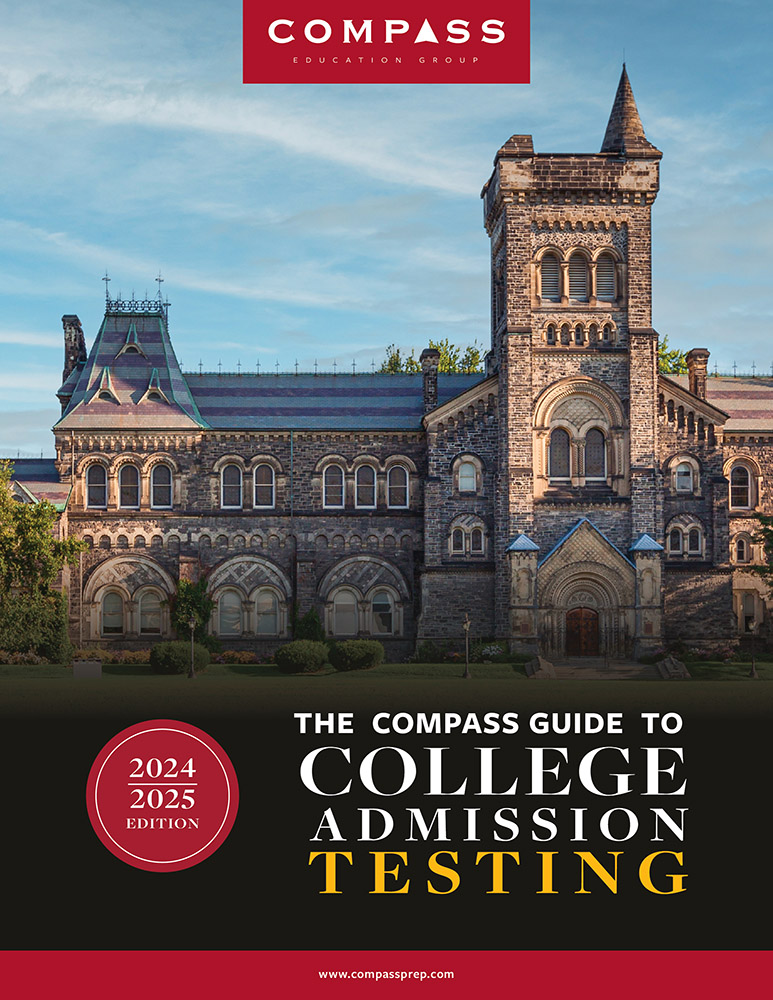
The ACT Science Test is dominated by three main kinds of questions. Knowing which you’re looking at and how to answer it will give you the edge on the test.
- Read and report. These questions simply ask you to read a description, hypotheses, or chart and report what it says. They can earn you quick points if you’re careful, but watch out – the ACT sets traps! Check the context of your evidence. Are you reading the right hypothesis? Are you following the right trend line on the graph? A few extra seconds will make these questions yours.
- Analysis and synthesis. These questions ask you to explain why researchers took specific actions, describe how results relate to each other, or apply information from the passage to new situations. You’ll need to bring multiple facts together or to follow a trend to fill in the gaps. That takes time, so grab the quick and easy points first, then circle back to work through tougher questions.
Knowledge and logic. Two or three times per test, you may be asked to demonstrate basic scientific knowledge. Don’t panic: logic will often work just as well! For instance, you might be asked which soil sample would best support an acid-loving plant, with a range of pH scores for the samples. To answer the question, you’d need to know whether a high or low pH is acidic– or would you? If you can remember that 7.0 is neutral, look at the field of answers. Are there two values above 7.0? Then pick the low value. The ACT can’t expect you to know which of two acidic values is better for a random plant, so there must be only one acidic answer.

